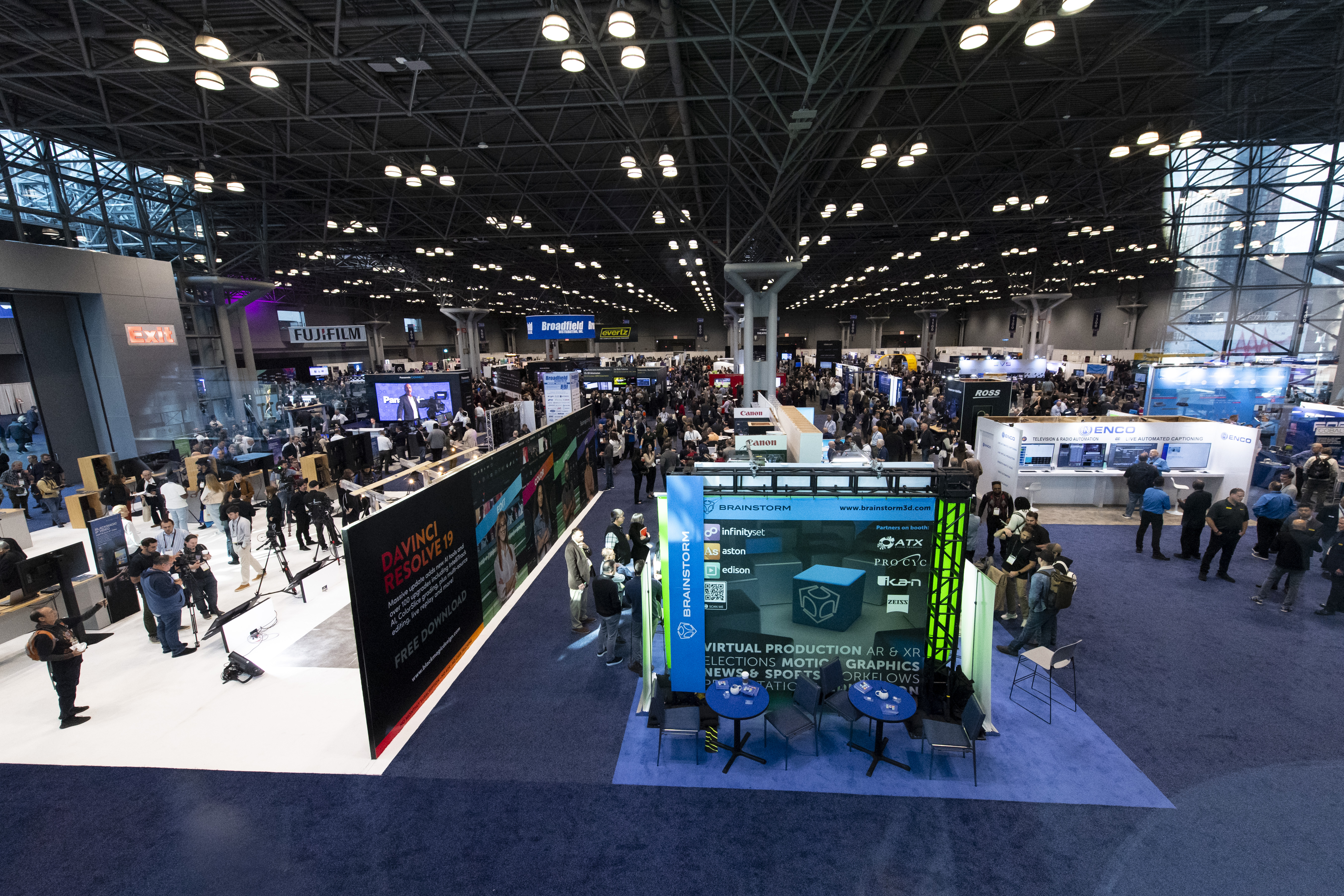FCC promotes localism
In December 2007, the FCC issued its long-awaited localism report. With it came rule proposals that, if adopted, would impose new regulatory burdens on broadcasters to ensure they provide programs geared to local needs and interests.
Localism report
The localism report is based on the record developed in an FCC proceeding that began in 2004. The proceeding, which was moribund for several years, was resuscitated by the current FCC chairman Kevin Martin.
Because the proceeding was initiated with a notice of inquiry rather than a notice of proposed rulemaking, the commission was not in a position to adopt new rules at this juncture. It did, nonetheless, reach tentative conclusions on which it is now seeking comment. These conclusions include:
- Qualified LPTV stations should be granted Class A status, which would require them to provide three hours per week of locally produced programming.
- Licensees should establish permanent advisory boards that include representatives from “underserved community segments” in each community of license. Licensees should consult with such boards periodically regarding community needs and issues.
- The commission should adopt renewal application processing guidelines that will ensure that all broadcasters provide some locally oriented programming.
In addition, the FCC committed to “better educate” the public as to the “obligations of broadcasters” so that the audience can become “more actively involved in ensuring that stations offer locally oriented programming.”
A new ascertainment scheme
While the localism report and notice of proposed rulemaking were not available at press time, all indications are that the current commission is committed to return to a watered-down version of the ascertainment record-keeping and reporting scheme. This includes “processing guidelines,” which were in place until the 1980s, in an effort to foster locally responsive programming.
The professional video industry's #1 source for news, trends and product and tech information. Sign up below.
For example, the commission refers to renewal processing guidelines that will ensure locally oriented programming. Precisely what role the advisory board might have in programming decisions is not clear. Nevertheless, the commission is moving toward implementing a new community ascertainment scheme two decades after the deregulation wave of the 1980s swept aside that regulatory program.
Is program logging in the future?
Also unanswered at this point is whether broadcasters can expect some form of program logging to be required. Without such logs, it would be difficult to quantify exactly how much issue-responsive programming was broadcast in relation to the requirements of the new processing guidelines. And even without logging, the reporting requirement will entail standardized definitions of genres of programming, definitions that the FCC will have to develop.
Harry C. Martin is a past president of the Federal Communications Bar Association and a member of Fletcher, Heald and Hildreth, PLC.
Send questions and comments to: harry.martin@penton.com
Dateline
- April 1 is the deadline for TV stations in Texas to file their biennial ownership reports.
- In the following states, April?1 also is the deadline for TV, Class A and LPTV stations that originate programming to place their annual EEO reports in their public files and place them on their Web sites: Delaware, Indiana, Kentucky, Pennsylvania, Tennessee and Texas.
